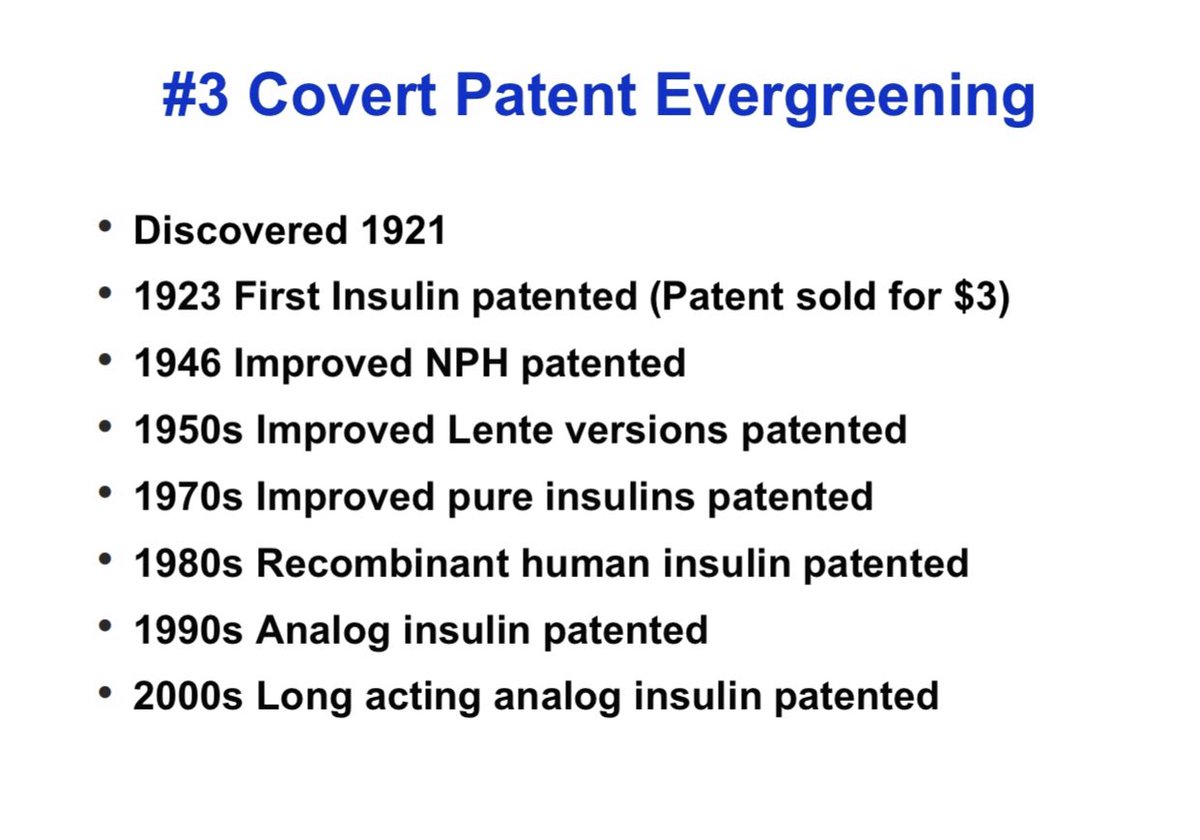
Worth remembering that people who have raised alarm and advocated caution have been more right on COVID.
It has been a hard year trying to project appropriate level of caution and worry, when faced with some who didn't like masks, some who felt it's just the flu, and some who felt we can just let people get herd immunity by natural infection. @dwallacewells nymag.com/intelligencer/…
I keep thinking of the times I have been wrong. Where I tried to project optimism: cross reactive immunity protecting India, variants unlikely to be more transmissible & lethal, dismissal of importance of neutralizing antibody levels, potential severity of reinfections.
The times I have been right are far more when I advocated caution and sounded warnings.
Eric was among the first to sound the alarm last year. And again this year with the variants. He guessed how serious they can be much better than me. I wish I had seen the crisis in India coming. @DrEricDing
• • •
Missing some Tweet in this thread? You can try to
force a refresh













